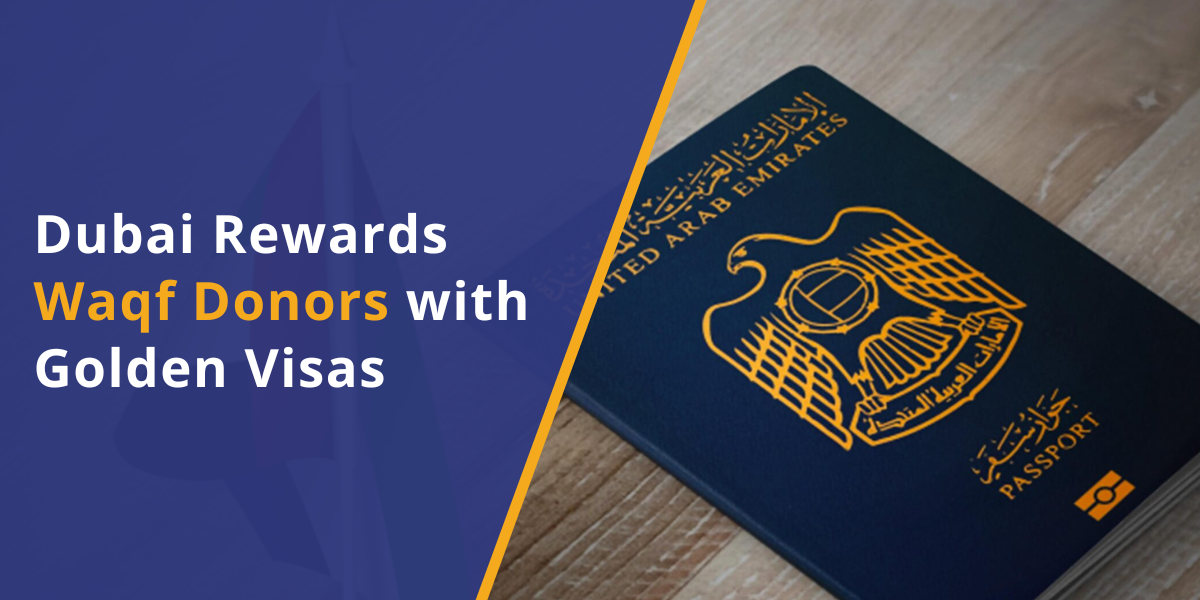
Dubai’s immigration authority has launched a special Golden Visa category for waqf donors, marking a fresh approach to recognizing humanitarian contributions through residency benefits. The move positions charitable endowers alongside investors and skilled professionals in the emirate’s long-term residency program.
A cooperation agreement signed at GITEX GLOBAL 2025 between the General Directorate of Residency and Foreigners Affairs – Dubai (GDRFA-Dubai) and Awqaf Dubai establishes the framework for this initiative. Endowers will now qualify for Golden Visas under the “financial supporters of humanitarian work” classification outlined in Cabinet Resolution No. 65 of 2022.
Lieutenant General Mohammed Ahmed Al Marri, Director General of GDRFA-Dubai, described the partnership as an advanced model of governmental integration.
“The agreement represents an advanced model of governmental integration aimed at empowering endowers to contribute to community development through impactful initiatives that promote the values of giving and sustainability,” he said.
Awqaf Dubai will identify and nominate eligible waqf donors, both residents and non-residents, who fulfill the necessary requirements. Following nomination approval, GDRFA-Dubai will handle the residency permit issuance. A collaborative committee featuring representatives from both organizations will track progress and evaluate outcomes.
The expansion adds a humanitarian dimension to Dubai’s Golden Visa scheme, which already covers multiple professional and investment categories. By linking residency privileges with charitable contributions, the program creates mutual benefits that support community welfare while attracting philanthropically minded individuals.
Waqf represents an Islamic charitable tradition where assets are donated to fund ongoing social causes. In the UAE, these endowments support various public services including educational institutions, medical facilities, and community programs. The new visa category acknowledges the strategic value these contributions bring to Dubai’s social infrastructure.
This policy shift reflects Dubai’s strategy of using immigration tools to advance broader developmental goals. The initiative bridges government services with community-driven philanthropy, creating pathways for those who invest not just financially, but socially in the emirate’s future.
